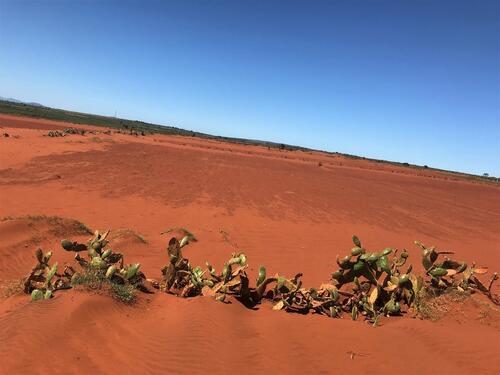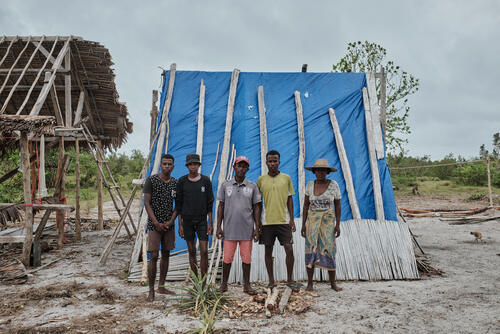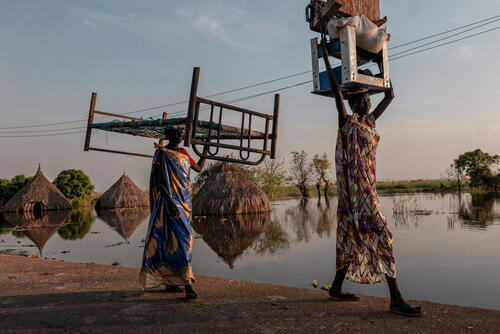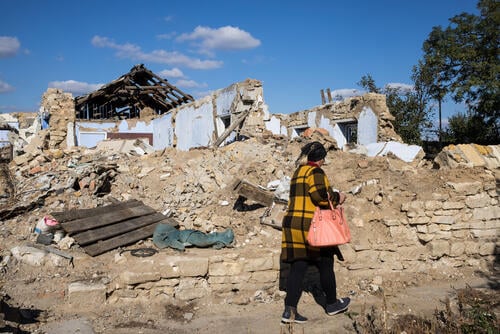Dr Christos Christou International President of MSF speaks on the COP28 panel, 'Champions leading the way on climate and health'.
Mr President, Excellencies, Distinguished delegates,
“Those who wonder what climate change looks like should come to Mozambique. We are bearing the brunt of actions by the world’s most polluting countries. We now have malaria all year round and we are struck by cyclone after cyclone.”
Those are the words of my colleague Adamo. And sadly, what he described is a reality in many other places.
As a medical and humanitarian organisation working in some of the world’s most climate-vulnerable settings, teams from Médecins Sans Frontières treat patients experiencing the health impacts of the climate emergency first-hand.
This crisis hits the most vulnerable people the hardest. We know, because we see them in our waiting rooms.
From Niger to Mozambique, from Honduras to Bangladesh, we treat patients for infectious diseases like malaria and dengue; for malnutrition; and for health issues linked to extreme weather events.
Since COP27, we have responded to widespread flooding in South Sudan and Kenya, to severe cyclones in Myanmar and Madagascar, and to relentless heat and drought that have driven millions to the edge of starvation in the Horn of Africa. We have also responded to concurrent cholera outbreaks in several countries, and alarmingly high rates of dengue across the Americas. The deadly mix of malaria and malnutrition has kept our paediatric wards full across the Sahel, where, in Chad, our teams now provide prevention and treatment for malnutrition all year round.
Far too little is being done to protect vulnerable people against the negative impacts of climate change. Many communities are faced with multiple crises that are increasing in scale and intensity.
People are paying with their health and their lives for a problem they did not create.
It is both absurd and tragic that those who are least responsible for the emissions that generate the climate emergency are left to suffer the consequences.
At this Global Stocktake, it’s clear that actions to date are failing to meet today’s needs, let alone the growing challenge ahead. Global political leadership has failed to deliver on commitments to curb emissions and to deliver on promises to support the most affected countries to adapt.
This must change.
These communities need to see climate action that equals the scale of the climate emergency. They need real commitment to take the urgent, essential, overdue actions required to dramatically reduce emissions. They need concrete financial and technical support to adapt to, and deal with, the consequences.
There is an ever-growing need to place health firmly at the forefront of climate policies, negotiations, and actions.
The world cannot continue to look on as humanitarian crises become more severe.
How many more years will go by, how many more COPs,
How many more lives will be affected – or lost –
before concrete measures are decided and acted upon?
We cannot afford further, catastrophic failure.







